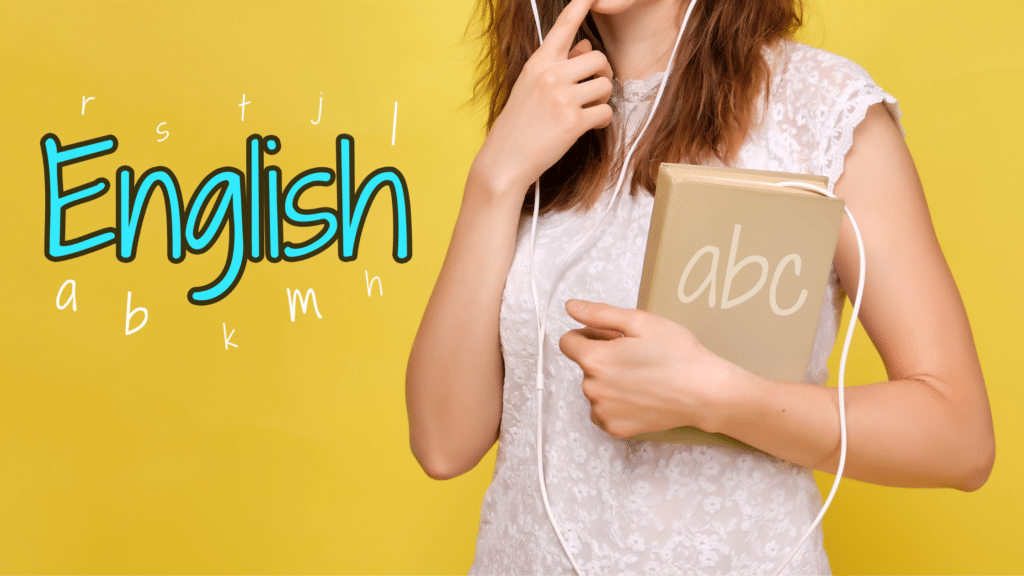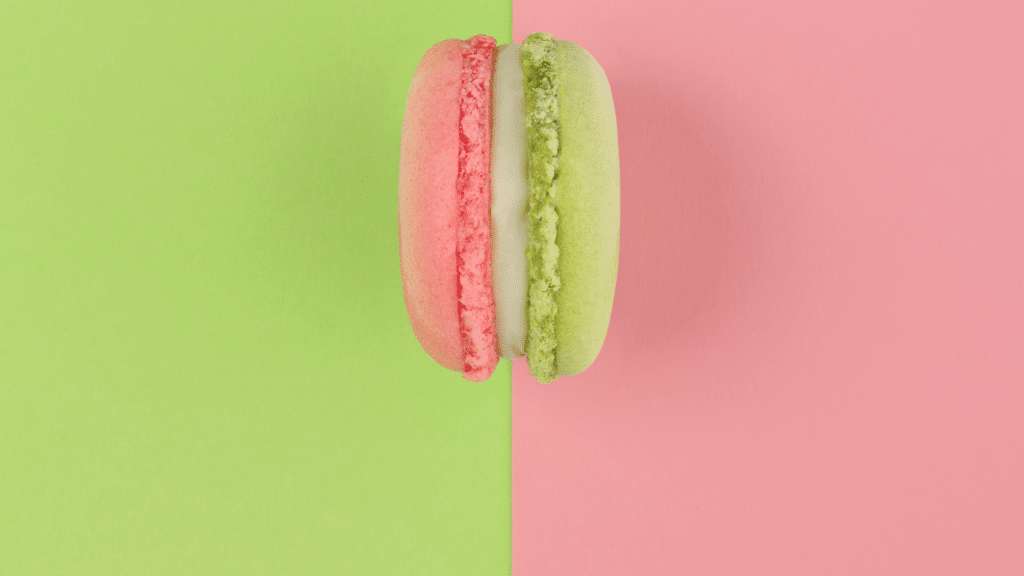
5 Things You May Not Know About the English Language
You have spoken English your whole life. Or you haven’t. Either way, this article will show you 5 things you may not know about the English language.
 Grammatical Gender?
Grammatical Gender?
Grammatical gender is “gender based on arbitrary assignment, without regard to the referent of a noun, as in French le livre (masculine), ‘the book,’ and German das Mädchen (neuter), ‘the girl.'” So, grammatical gender is not necessarily equivalent to the gender of the object being described. In the few cases where grammatical gender exists in the English language, the grammatical gender does often reflect the person or animal it is referencing. It is actually quite surprising how little grammatical gender exists in the English language. You would think that when it evolved from German and Latin, two grammatical gender-riddled languages, that it would have retained a good bit more grammatical gender. However, existing examples are few and far between. And all the examples that exist are based on the gender of the person or animal being described, which is not how grammatical gender works in Latin nor German. English is a strange creature.

Blond vs. Blonde?
Are they dumb blond jokes or dumb blonde jokes? Is there a difference other than arbitrarily choosing which way you wish to spell it that particular day? Actually, in light of grammatical gender, the answer is pretty simple. The difference in spelling actually shows the gender of the person’s hair that is being referred to. You should use blond to refer to males with blond hair. You should use blonde when referring to females who have blonde hair. So, in that case, the jokes are dumb blonde and not dumb blond, since apparently only blonde women can be dumb? Interesting…
 Goose to Geese but not Moose to Meese?
Goose to Geese but not Moose to Meese?
Have you ever wondered why the plural of goose is geese, but the plural of moose is not meese? Why can the plural of goose not be gooses, instead of geese? And why is moose not pluralized to be meese? The answer for goose to geese has to do with an event in the English language that happened during the Middle Ages called “The Great Vowel Shift.” Without going into the nerdy linguistic answer, the reason that the plural of goose is geese has to do with the original vowel and how its plural was formed back in the Middle Ages. The reason that moose does not work the same way is that it does not originate from English and was not introduced to the English language until after The Great Vowel Shift. Moose originates from the native Algonquian language. It seems with this word that English speakers were not sure what to do to form the plural, so they let the s sound in moose represent the plural form as well as the singular.

O or OU?
Why is it that sometimes you can find the word flavor spelled as flavour, and why can color also be written as colour? The answer is pretty easy. Without the u is the American English spelling, and ou is used for the British English spelling. Some say that the reason for the dropping of the u by the Americans was for simplification or not wanting extra letters. Others have a theory that it was a final “we don’t need u” from the newly formed American nation to their former British rulers. Either way, o is the American spelling and ou is the British one.
 Me or I?
Me or I?
English Grammarians everywhere cringe as people of all calibers attempt to complete their sentences with so-and-so and I/me. The reason for the cringe is the fact that many get it wrong every time. Politicians, world leaders, and run-of-the-mill folk all mess this up at one point in time. There is actually a very simple way to figure out whether to say my friend and I or my friend and me. 9 times out of 10, you will use and me. This is due to the fact that me is used as the object of a sentence and I is used as the subject. In other words, me is used when actions are being done to yourself. I is used when you are doing the action. For example, My mom invited my friend and me to come over for dinner. You and your friend are being invited. The action is being done to you, so use me. Now, if it was reworded to say My mom asked that my friend and I come over for dinner, you are now the one doing the action of coming. So, you will use I. Summarizing: If you cannot add a one word verb after the I, use me instead. So, I am so glad you asked me to come, not I am so glad you asked I to come.

For more English-related articles, check out our blog!





Responses